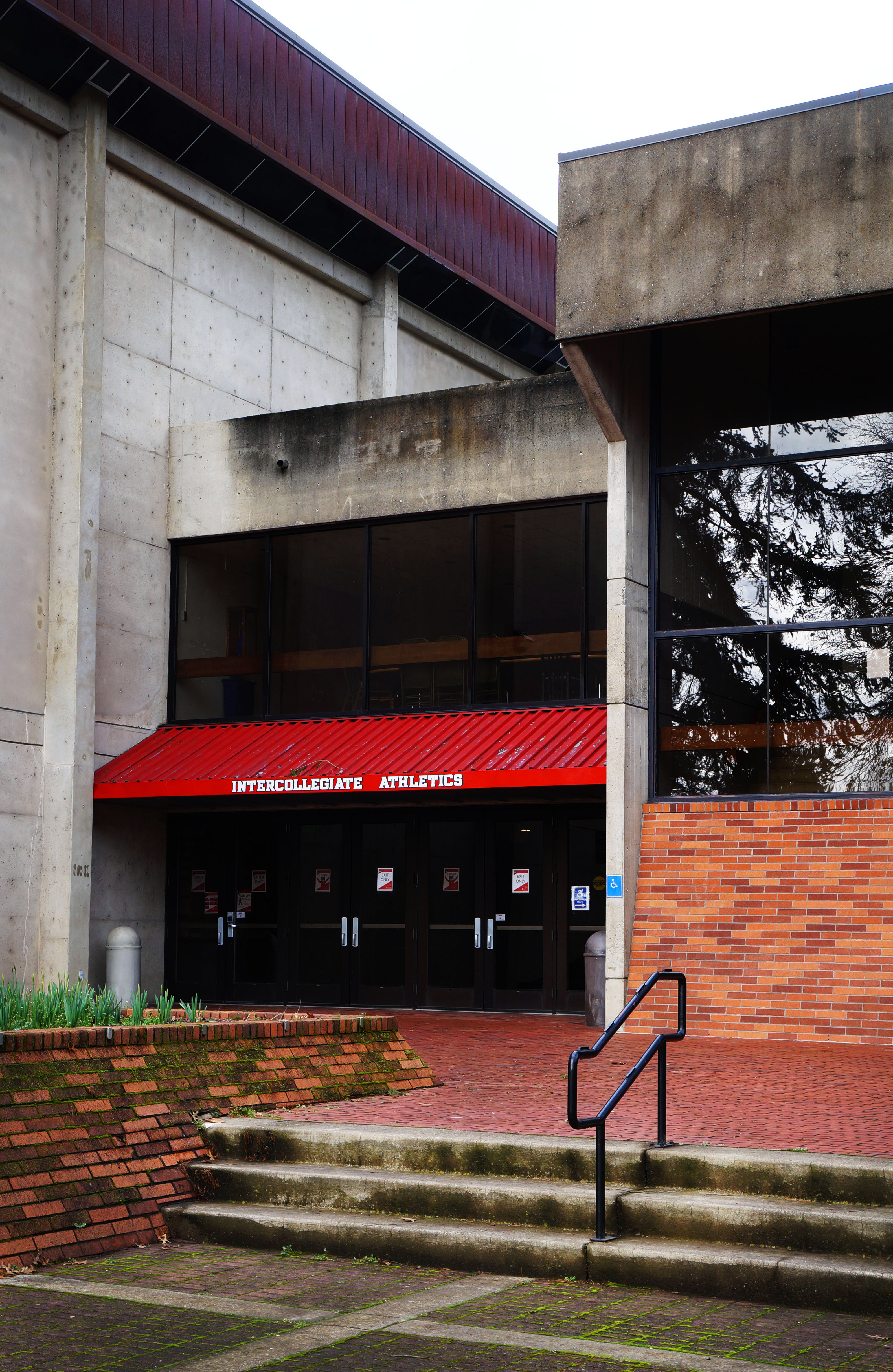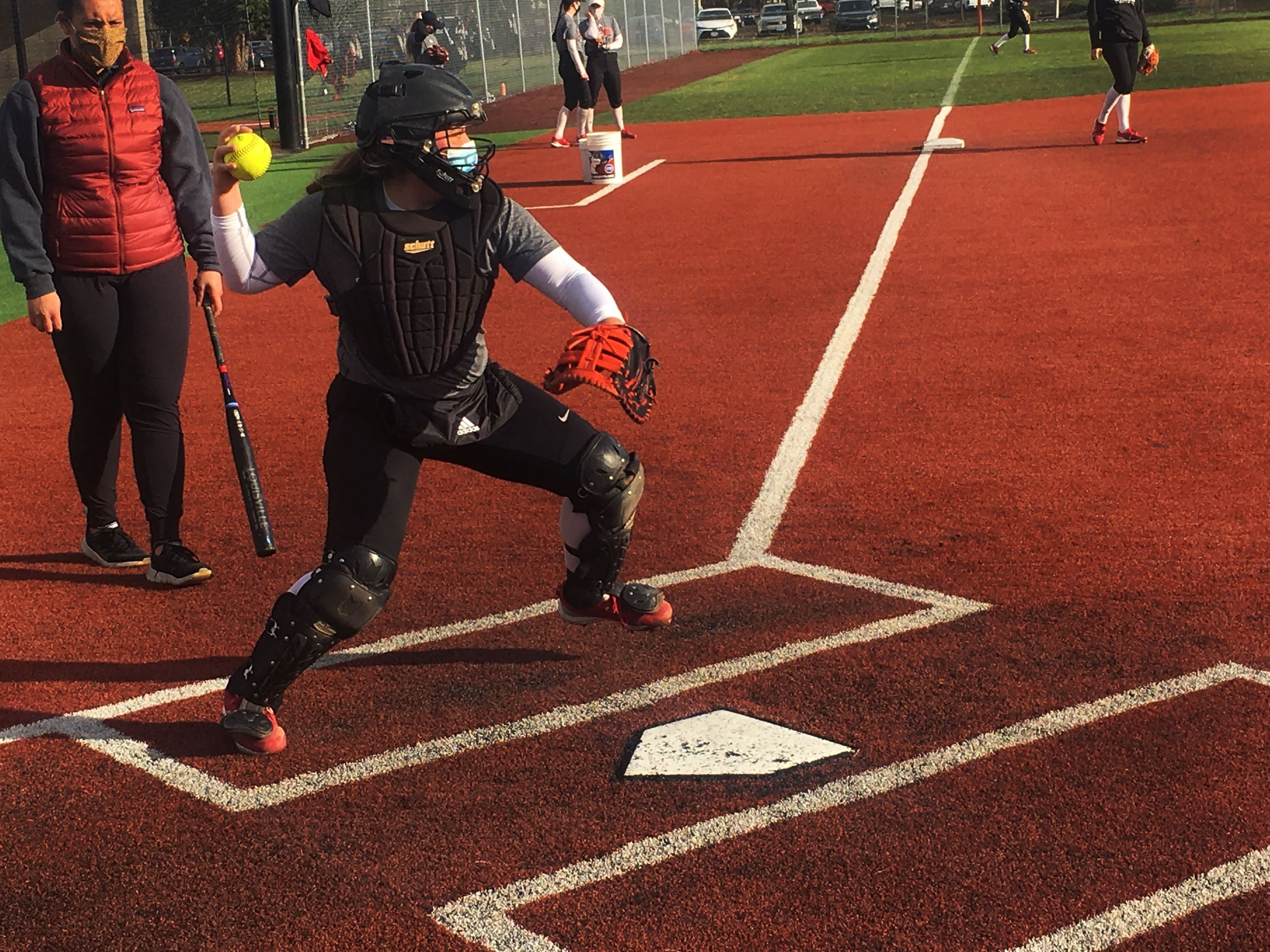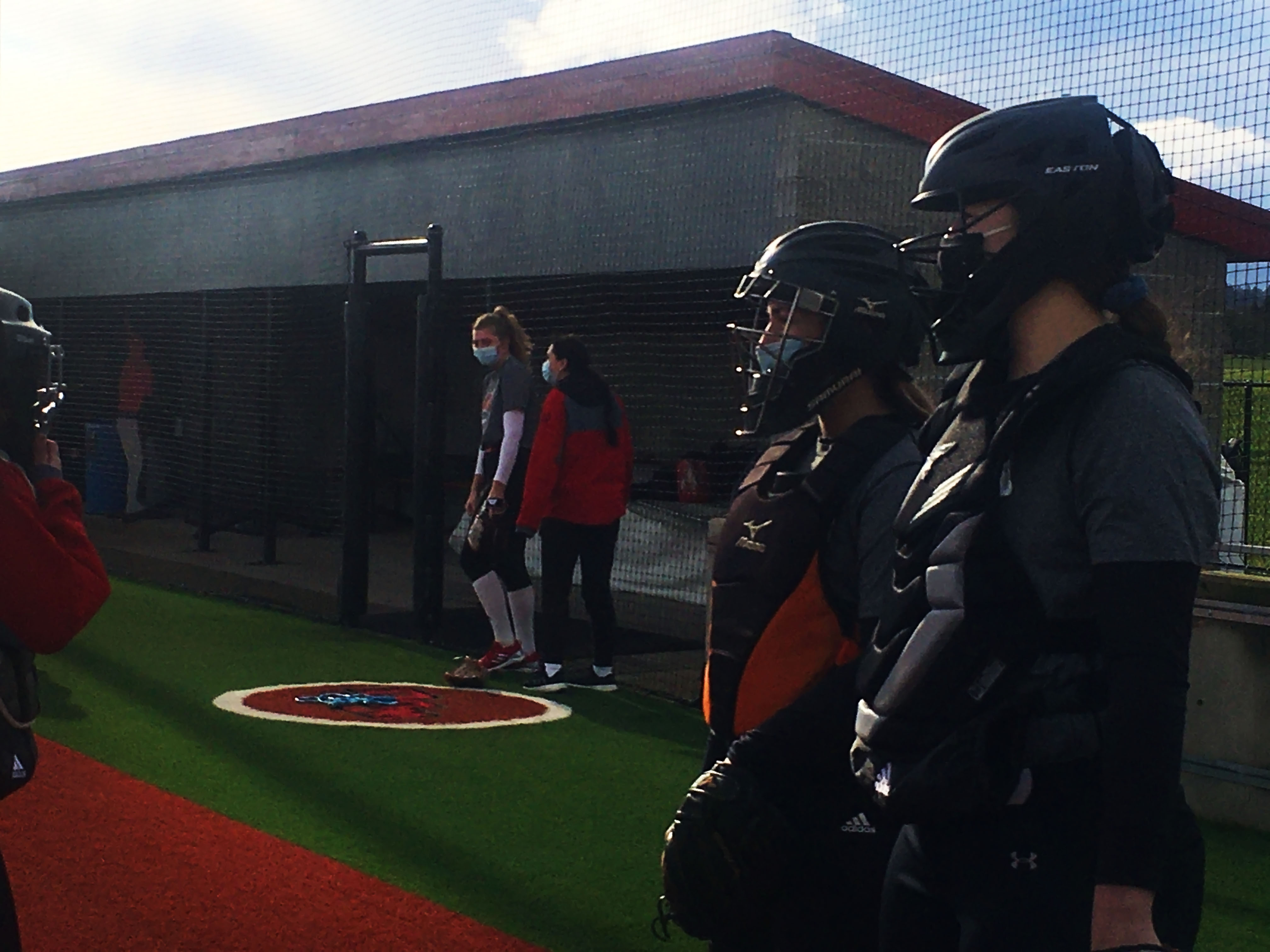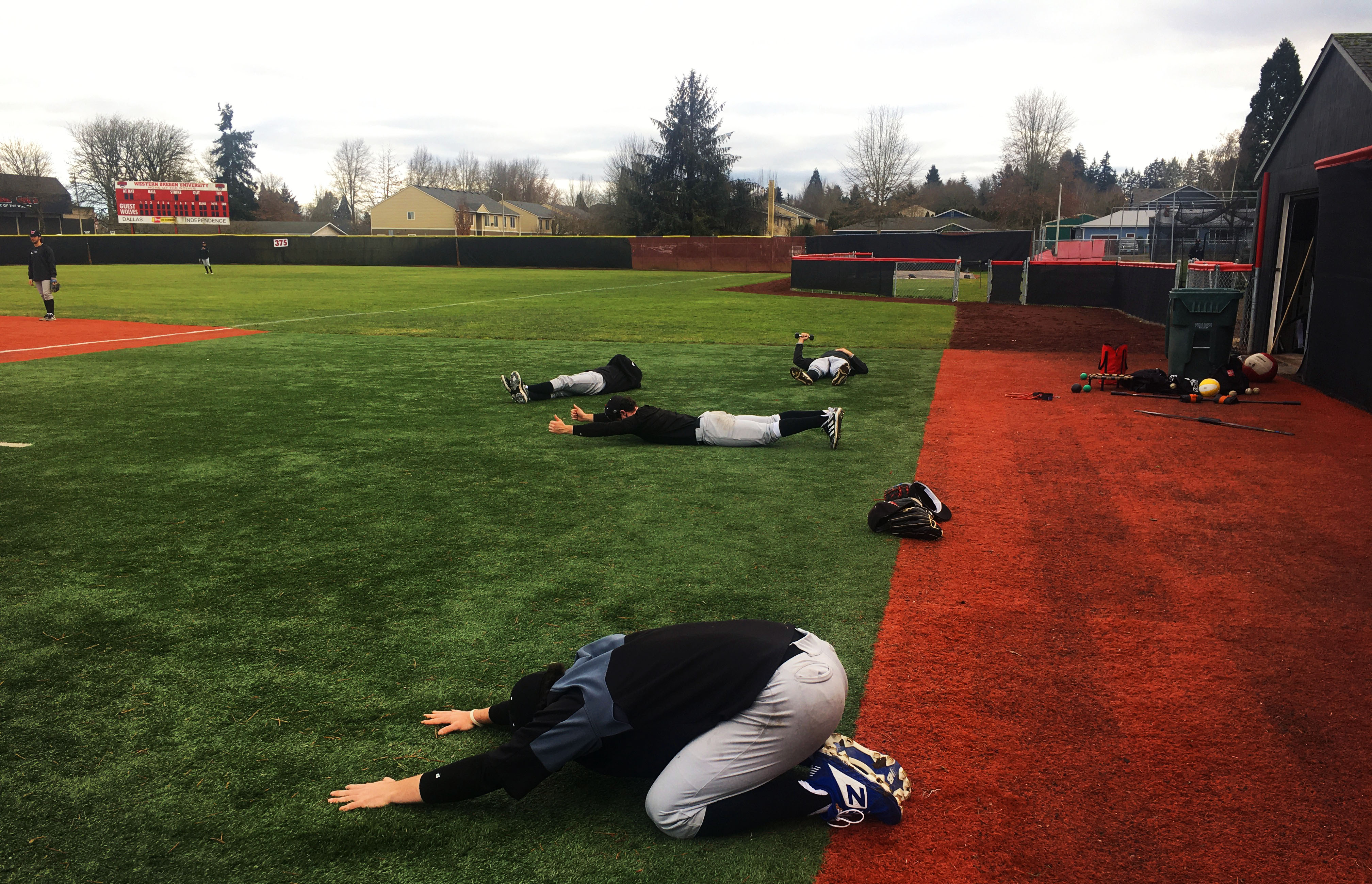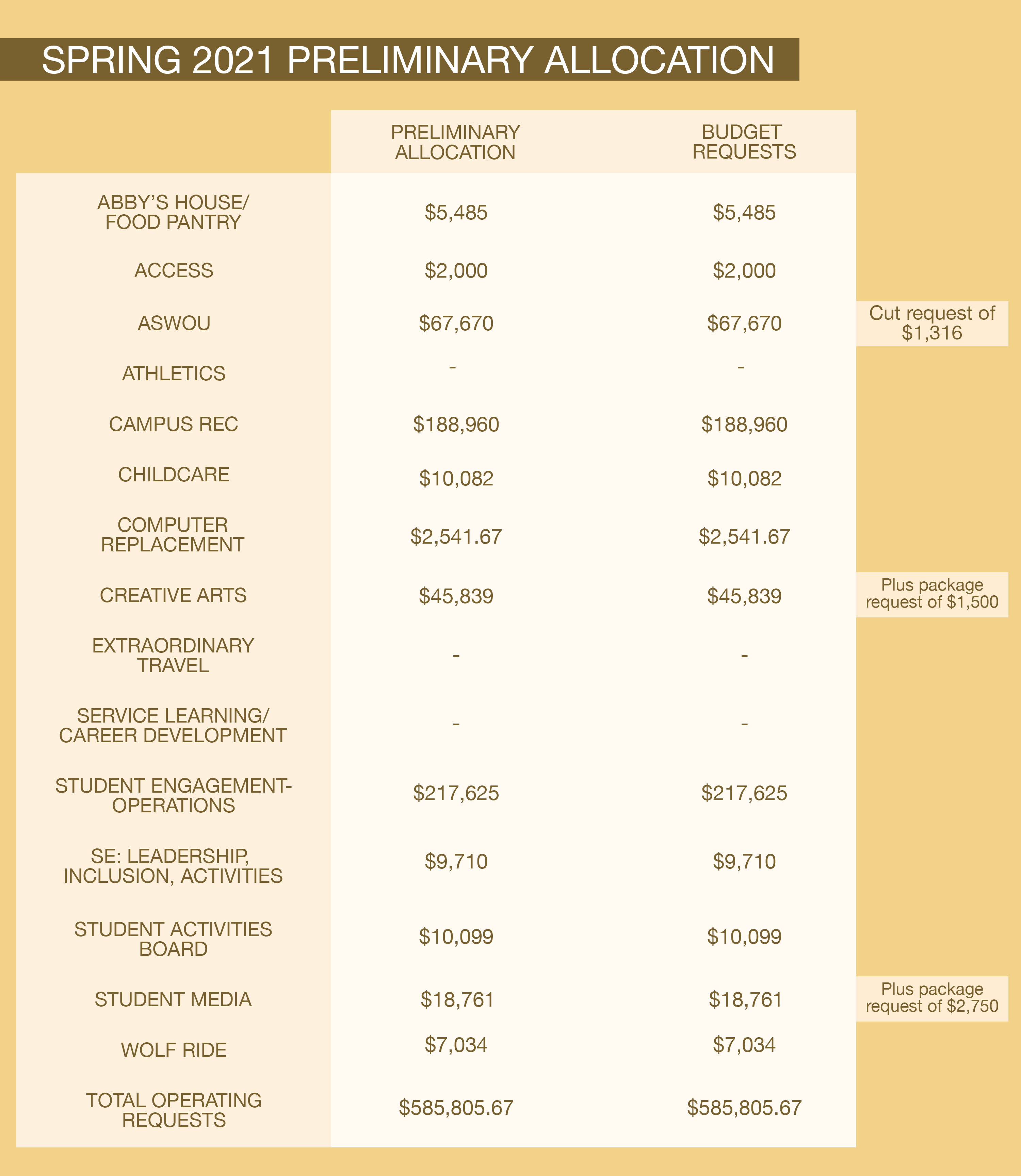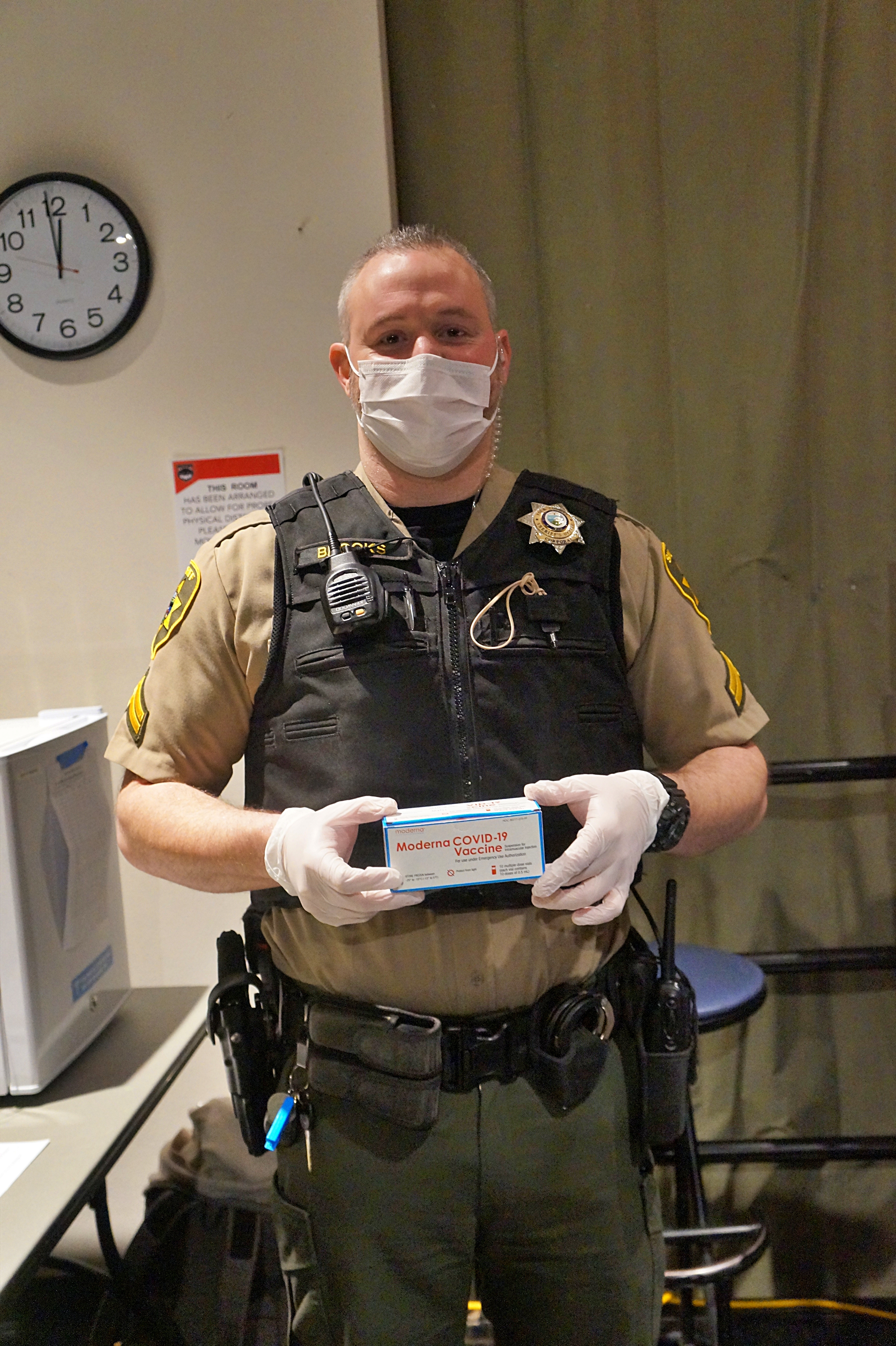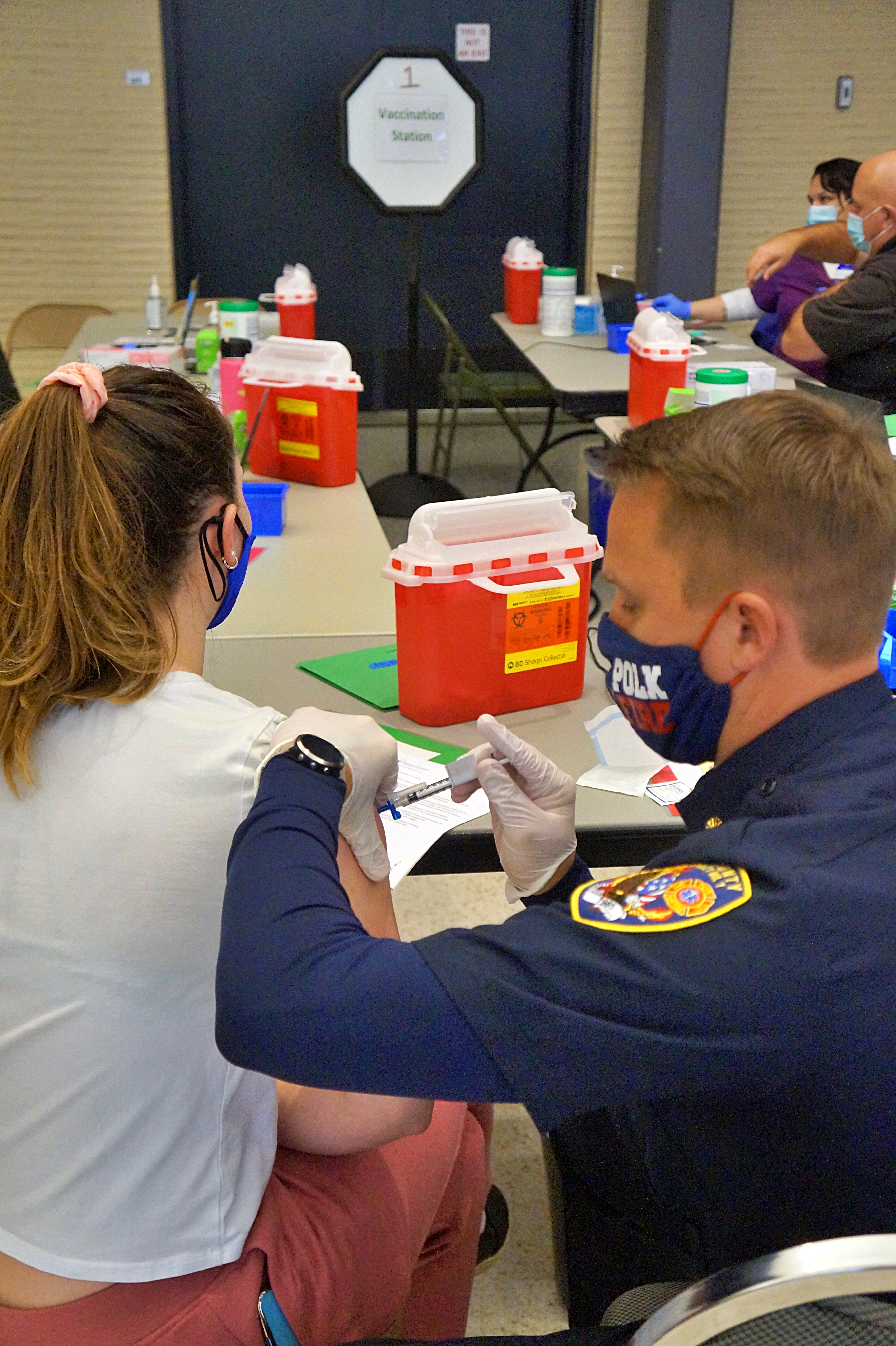Western athletics is moving forward with plans to begin a socially distanced season of games
Sydney Carpenter | News Editor
Western’s athletics department has announced the return of spring sports pending any changes from the Great Northwest Athletic Conference.
“Spring sports — baseball, softball and track — are expected to be allowed to have games/meets starting next month,” said Western’s President Rex Fuller in a spring term email update sent out on Jan. 21. “We don’t know to what degree spectators will be allowed, but if they are, we encourage you to come out and support your WOU Wolves!”
Western is currently the projected host for GNAC championship games for softball and track and field this coming May, according to the GNAC website.
“We are so excited to host the championships this year,” said softball coach Lonny Sargent. “Being able to go to tournaments all summer and most of the fall is a normal year for us and this year that wasn’t possible.”
Currently, Western’s athletics department is reflective of Phase Two of the National Collegiate Athletic Association revised three-phase plan — the Core Principles of Resocialization of Collegiate Sport. In Phase Two, groups larger than 50 must have measures of physical distancing and sanitization, restricted staffing, workout areas and facilities must be sanitized and nonessential travel is permitted. In preparation for the conference schedule this year, teams will continue with socially distanced practices and personal scrimmage matches.
“We haven’t been indoors at all this year due to the strict guidelines,” said Sargent. “Since we are an outdoor sport and can stay socially distant from one another, we have been able to have practices.”
According to Sargent, player safety is a priority.
“Our players wear their masks, all their equipment bags are at least six feet apart from one another and each player is required to do a health check every morning by 10 a.m. on days they will be on campus,” said Sargent.
Traditionally, athletic teams practice as an entire group, but the department has broken the players down into smaller groups. Practices will be held at various times throughout the day to ensure maximum social distancing and limited contact.
“It’s very exciting,” said sophomore undecided major and Western baseball pitcher Matthew Dunaway. “We’ve been working hard in the fall, and hopefully we play this spring.”
According to Dunaway, the team has been participating in more scrimmages this winter in comparison to fall term. Dunaway explained that players had been assigned to arrive at certain times for small team meetings.
“Our athletic department has put together a great plan and we’ve been able to follow the protocols to ensure safety,” said baseball coach Kellen Walker. “Our players have done a great job of being flexible with changes to practice times and locations. We’ve obviously had to make adjustments to get our work in, we’ve been creative in making sure our guys are staying as healthy as possible while getting back into shape and ready to compete in the upcoming season.”
Going forward into spring term, the GNAC Senior Management Council will be evaluating whether students will be permitted to gather at upcoming functions.
“We hope to have the fans of Monmouth come out and support us this spring,” said Dunaway.
To learn more about the games, visit wouwolves.com/calendar.

Contact the author at scarpenter18@mail.wou.edu


